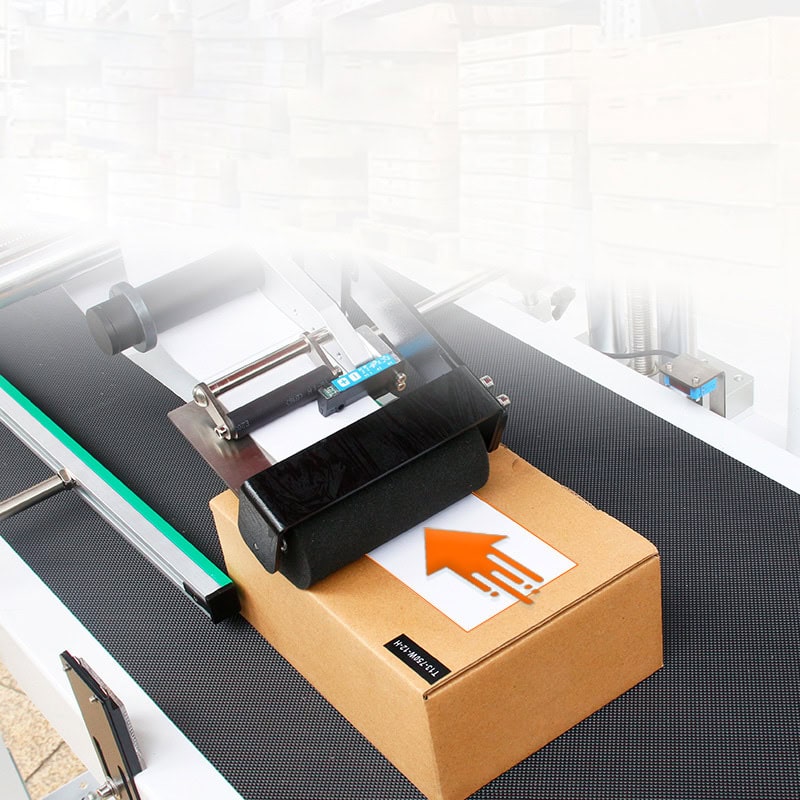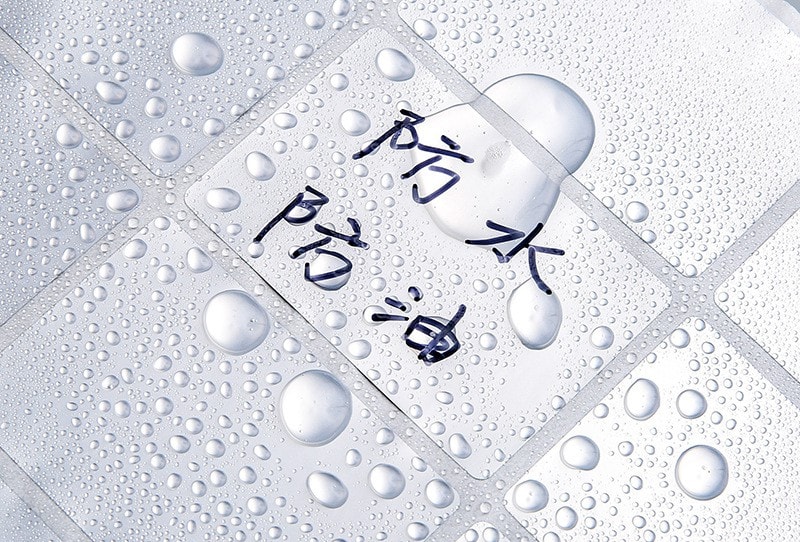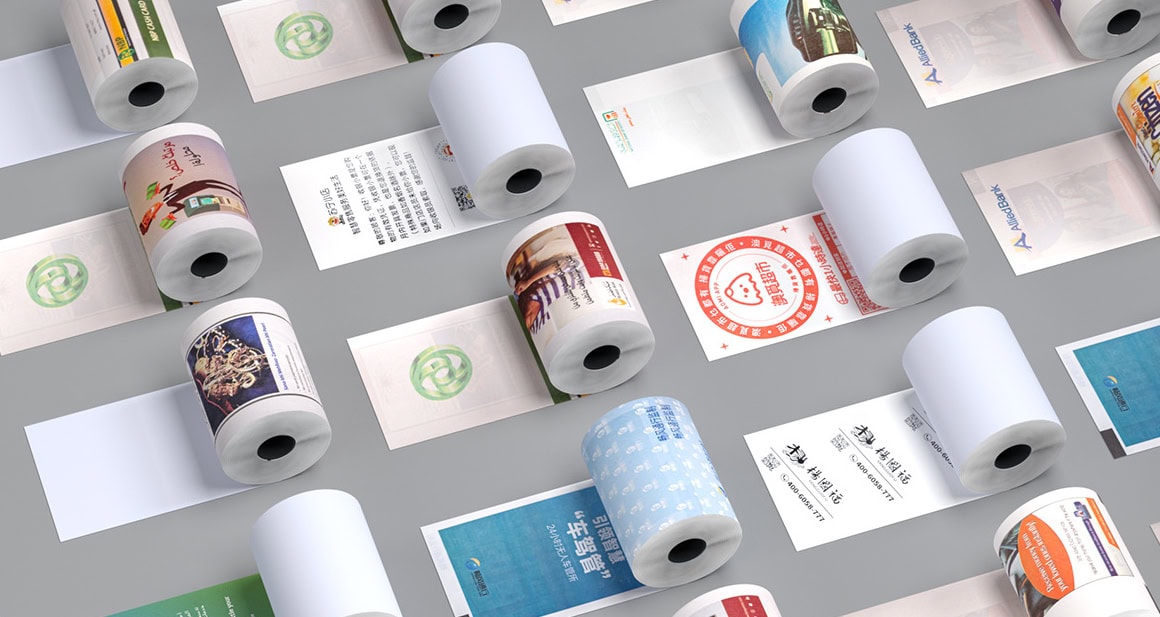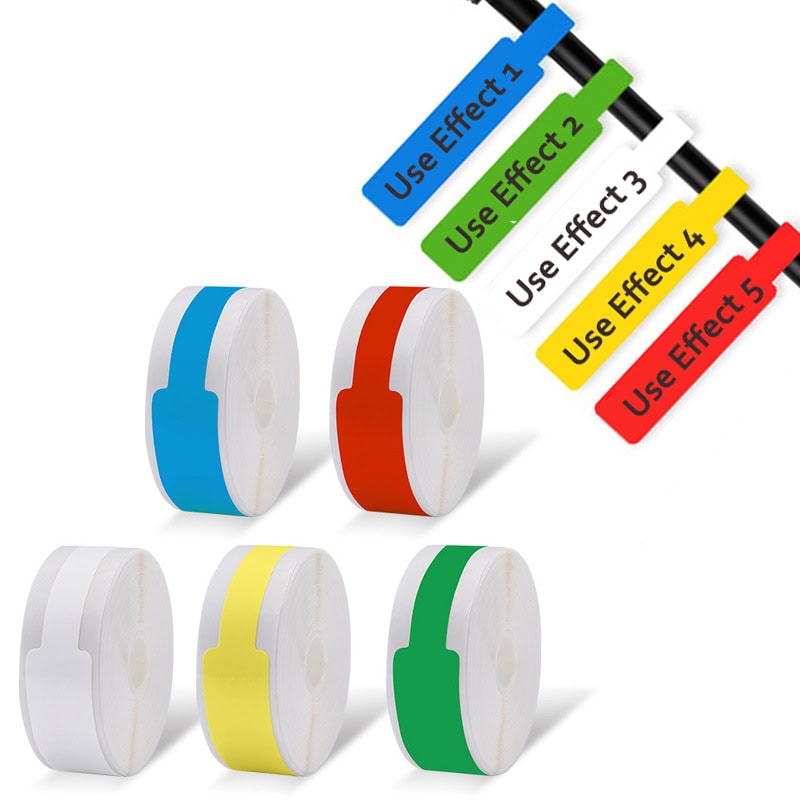If you don’t put the right label on your stuff, you can lose sales. If you don’t put the right label on your stuff, you can get in trouble. You might have to recall your product or pay a fine. You might not be able to sell your product because you don’t have the right label on it. The answer is to put the right label on your stuff.
The most common types of labels include paper, film, and vinyl, each tailored to specific packaging and environmental needs. Understanding the different types of labels can enhance product presentation and safety.
There are all sorts of labels you can put on your stuff. You need to pick the right label to put on your stuff.

Common Types of Product Labels
There are many different kinds of labels in packaging, and each one has a specific job it does. Paper labels are one of the most common and cost-effective options. They’re found everywhere, from mailing labels to retail product labels.
Film labels are made of plastic materials like polypropylene or polyethylene. This makes them more durable and able to resist moisture or chemicals. Thermal labels are a good option for products that need to be exposed to heat. They can take the heat without the print degrading.
Vinyl labels are really tough. They’re great for outdoor use or for something that will be around a long time and needs to be able to stand up to harsh conditions. These labels can handle water, sunlight, and rubbing. Which of these types of labels you choose depends on what environment the product is in, how long you need it to last, and what you want it to look like.
Application-Based Labels
Different products need different types of labels based on what they’re for. Product identification labels are the most basic labels. They tell you the name of the product, what’s in it, or who made it. Safety and warning labels are there to keep you safe when you use something.
They’re really important in industries where you’re dealing with stuff that can hurt you. There are different kinds of labels for dangerous stuff that all follow certain rules. These standards include pictures that tell you something is dangerous, words that tell you what kind of danger it is, and sentences that tell you how to stay safe.
Compliance labels are there to make sure you do things the right way and meet industry rules and regulations. You’ve probably seen these before with markings like “FDA” or “CE.”
Barcode and QR code labels are everywhere in packaging now. They give you a scannable code that helps you keep track of your product, manage your inventory, or give people more information about your product.
Customizable Labels for Different Industries
What type of label you use in your packaging also depends on what industry you’re in. In the beverage industry, you need to make sure your label can handle getting wet and going in the refrigerator. That means you want a label that’s waterproof or made of film.
In cosmetics and skincare, you’re going for that high-end, pretty look. You probably want to use really nice material like shiny paper or clear film. That way, you can make your product look fancy while still having room for your ingredient list and other stuff you have to put on there.
If you’re in the electronics and appliance industry, you need your label to be able to take a lot of heat or not get messed up by stuff that messes with electricity. That means you want a special kind of adhesive or material. Polyester or vinyl is a good choice.
In the food packaging world, you need to use labels that are safe to come into contact with food. You also need to put certain things on your label, like how much of something is in your food, when it’s going to go bad, or where it came from.

Printing Techniques for Product Labels
There are different ways to print the different types of labels you need in packaging. Digital printing is one way. It’s a good choice if you don’t need a lot of your label or if you want a really pretty label with lots of colors.
You can change your label around really fast if you want to, and you don’t have to pay for special plates to print your label. This is a good way to go if you have a lot of different things you want to put on your label or if you change your label a lot.
If you need a lot of your label, you can use a method called flexographic printing. This way of printing uses flexible plates and inks that dry really fast. You can make a lot of labels in not a lot of time. Offset printing is another option for you.
You can get really good quality with this way of printing. It costs more money, and it takes longer than digital printing. If you need to print barcodes or safety labels, you can use a method called thermal transfer printing. It uses heat to put ink on your label. This way, you can print a label that lasts a long time and doesn’t rub off.
Labels for Different Surfaces
Different surfaces need different types of labels to stick and look good. The first kind of label is for a flat surface. This is the most common kind of label. It’s for putting on boxes, cans, and other things that have a smooth surface. You can print these labels yourself and stick them on.
You can get them in lots of different materials and stickiness levels. The second kind of label is for when you want to put a label on the corner of something. This is good if you want to put extra stuff on your box or if you want to make your box look fancy from all sides.
If you have something round like a bottle or a can, you can use a label that goes around the whole thing. This kind of label is made to go on your round thing without getting wrinkles or bubbles. You can also get a special kind of label that shows you if someone messed with your stuff. People use these labels on their medicine or food.

Eco-Friendly and Sustainable Labeling Options
Sustainability is a big deal across industries. A big trend is the need for eco-friendly labels. Recycled paper labels are made from post-consumer waste and provide a sustainable option for businesses that care about the environment. You can print these labels with soy-based inks, which are even better for the environment.
Biodegradable labels break down over time in a natural environment. This is great for products that want to emphasize their green branding. Water-soluble labels dissolve in water. These are great for reusable containers or industrial applications where label residue could cause problems.
Can You Print Product Labels at Home?
Can you print labels at home or do you have to use a professional printing service? You can use a commercial label printer for large production runs.
For small quantities, you may want to print labels at home. Inkjet and laser printers are the most common types of printers people use to print labels at home or in their office. The downside is that you are limited in the types of materials and quality you can use.
Inkjet printers are great for high-quality color labels. Laser printers are better for durability with black and white designs. However, if you have more complex needs, need to print large batches, or want to print on vinyl or thermal labels, you need to use a commercial grade printer.
How to Choose the Right Label for Your Product?
When picking the right label for your product, you need to consider a few things. The material of your product is going to determine the type of adhesive and label you need. For example, the labels you use on glass are different from the labels you use on plastic or metal surfaces.
The other thing to consider is the durability needs of the product. If your product is going to be exposed to moisture, heat, or chemicals, you need to pick a weatherproof or highly durable label material. You might need vinyl or polyester labels. You also need to consider the design and aesthetics of the label. The look and feel of your label can have a significant impact on the perception of your product by the consumer.

Examples of Product Labeling
There are different types of labels used in different industries. One of the things that has become very popular is private labeling, especially in the world of consumer goods. What that means is you take a product that is already made, and you put your label on it. It allows you to have a unique brand identity.
In some industries, like manufacturing, you have to have health and safety labels. These labels are used to mark dangerous things in the workplace that could hurt people. For example, you might have labels on machinery, around chemicals, and other things that could be dangerous to people. In the retail world, you use promotional and seasonal labels.
The importance of proper labeling for marketing your product
Labels are a big deal when it comes to marketing your product. Labels are used to help people recognize your product on the shelf. You use labels to make a visual impact and influence people to buy your product.
Also, you use labels to provide information to people about your product. You tell people how to use your product. You tell them what’s in your product. Tell them what might happen if they use your product.
You also have to have proper labeling to meet legal and regulatory requirements. This is especially true in industries like food, pharmaceuticals, and electronics. If you don’t meet the labeling requirements, you can get fined, have to do a product recall, or people could talk bad about your brand.

Future Trends in Label Printing Technology
The future of label printing is very exciting with the advent of smart labels. These labels have near field communication (NFC) or radio frequency identification (RFID) technology. These labels allow the user to interact with the label using their smartphone.
You’re also going to see more eco-friendly labels. People want to be environmentally friendly. They don’t want to do things that are bad for the environment. You’re also going to see more labels that have interesting shapes and textures. This is a way for brands to interact with people on a tactile level.
Conclusion
All of these different types of labels are used in different industries for different things. Some labels are used for safety and compliance. Some are used for branding, and some labels are used to be more environmentally friendly.









